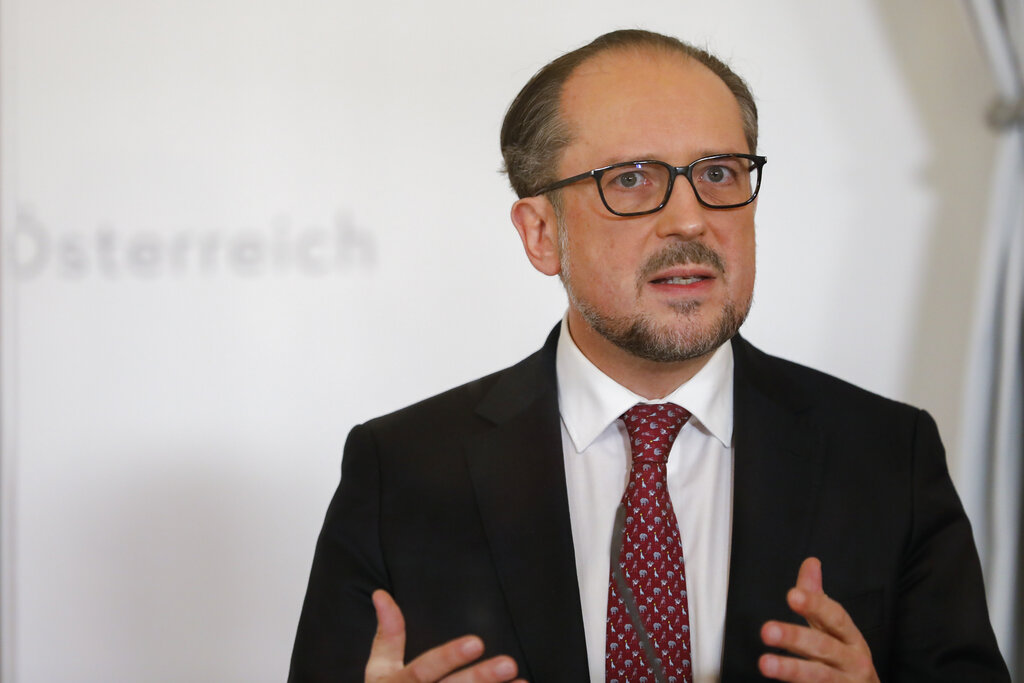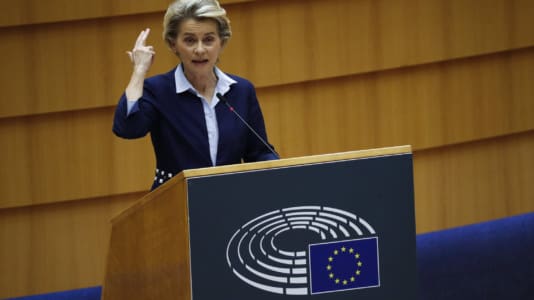After less than two months in office, Austrian Chancellor Alexander Shallenberg resigned in the wake of the previous chancellor, Sebastian Kurz,’ announcing that he will no longer head the governing Austrian People’s Party (ÖVP) and retire from politics altogether.
“I am certain that the two offices — the head of government and the presidency of Austria’s strongest party — must merge quickly in one hand,” Shallenberg at a news conference on Thursday afternoon.
He added that he never intended to lead the ÖVP, and if it became clear who would follow Kurz as party chairman, he would immediately hand over the office of head of government to him.
Under Shallenberg, a controversial plan to implement mandatory vaccines for the entire Austrian population was implemented, with Germany expected to follow suit. Austria was the first country in the entire EU to implement such a plan, with fines over €3,000 or four weeks in prison for those who fail to comply. The mandate has sparked widespread protests in Austria, a country that had one of the lowest vaccination rates in the EU.
The Austrian People’s Party is expected to be taken over by Interior Minister Karl Nehammer, and Die Presse wrote this morning that Nehammer could replace Schallenberg, who has taken over the post temporarily on Oct. 11.
Last Friday, the ÖVP’s coalition partner, vice-chancellor nominated by the Greens, Werner Kogler, spoke of a good working relationship with Nehammer. According to the Kronen Zeitung, the minister of the interior is also the favorite among the provincial leaders, who have traditionally been considered powerful in the People’s Party.
Schallenberg took over as head of government from the post of foreign minister in early October after Sebastian Kurz resigned as chancellor. Kurz has been charged with serious allegations of bribery, and manipulated polls by the Economic and Corruption Prosecutor’s Office (WKStA). Kurz, who denies any wrongdoing, announced on Thursday that he will retire from politics and concentrate on his family.






